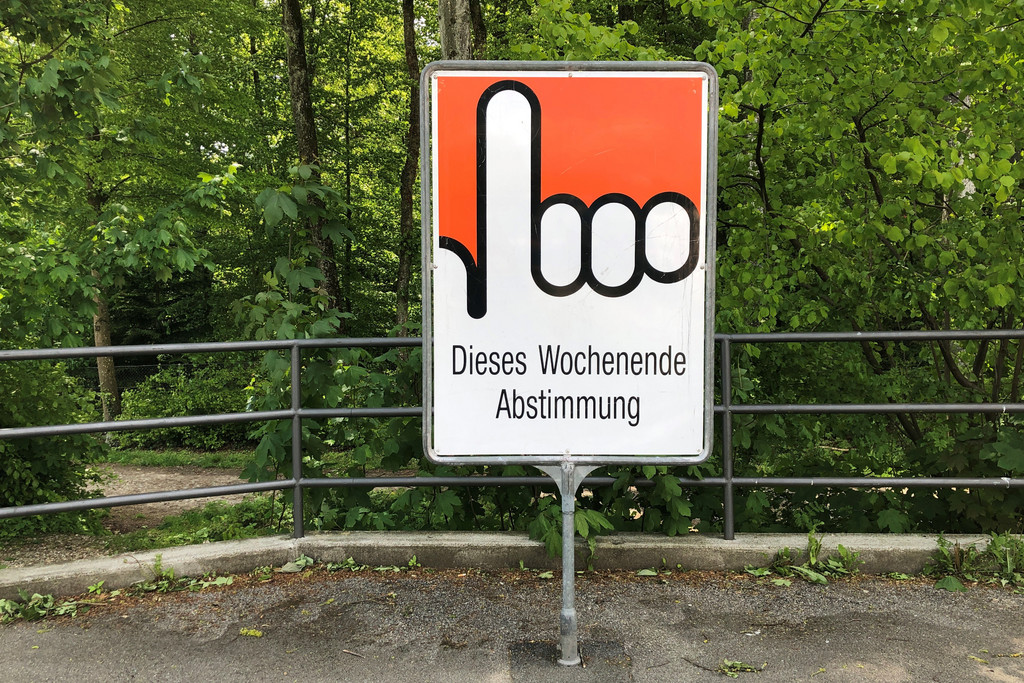Municipalities want 30 km/h speed limit amid pushback from car lobby
31.01.2025 – Stéphane Herzog
Speed restrictions in built-up areas are a contentious issue in Switzerland. Cities and municipalities want to enforce more speed limits on their roads, but motorist groups object.
Many Swiss cities and municipalities have reduced the road speed limit in residential areas from 50 km/h to 30 km/h. This has advantages and disadvantages. Although it makes some drivers feel like they are going slow enough to watch the Earth rotate, the 30 km/h speed limit helps to reduce traffic noise, while the Swiss Council for Accident Prevention claims that it prevents at least one third of the serious accidents in built-up areas on 50 km/h roads. Unsurprisingly, municipalities are also keen to extend the restriction from town and village centres to the periphery if a road is situated near a residential area. A 30 km/h speed limit on the main traffic corridors in the city of Lausanne has cut night-time noise for almost 33,000 inhabitants. Decades ago, residents in Köniz (canton of Berne) welcomed a trailblazing decision to introduce the 30 km/h limit on a major route. There are many other examples.
Nevertheless, enforcing 30 km/h on roads where 50 km/h would otherwise apply continues to provoke strong feelings. FDP National Councillor Peter Schilliger, who is a director of the Touring Club Suisse (TCS), recently brought the issue to parliament, saying that municipalities should not be able to impose 30 km/h at will. He believes a 50 km/h speed limit should apply on “traffic-oriented roads” in built-up areas. A majority in parliament agrees. Schilliger’s objection worked, with the government of the canton of Berne having recently suspended the introduction of the 30 km/h limit that is being advocated on such roads by people such as Michael Rytz, traffic safety project manager at the Swiss Association for Transport and the Environment.
Federal Supreme Court rejects appeal
Motorist groups are keen to defend their members’ interests. In 2021, for example, the cantonal department responsible for mobility in Basel-Stadt enforced 30 km/h on Feldbergstrasse, a major road situated between the Rhine and Badischer Bahnhof railway station. The TCS and the Automobile Club of Switzerland (ASC) lodged an objection. The case went to the Federal Supreme Court (FSC), which rejected the appeal. “Cutting the speed limit to 30 km/h is a sustainable, inexpensive and effective quick-start measure to help cut air and noise pollution on Feldbergstrasse,” it ruled. The FSC judges also rebutted other arguments, stating that a lower speed limit on a major “traffic-oriented” route was indeed possible. Furthermore, the measure had no negative effect on first responders, who are entitled to drive over 30 km/h when responding to an emergency. Nor would it have any detrimental impact on public transport. The FSC came to the same conclusion in a different case in Berne, saying it was the job of local authorities familiar with the situation on the ground to determine the speed limit as they saw fit. Schilliger’s motion challenges precisely this assertion.
Motorist groups and other stakeholders, including police union representatives, are undeterred by the rulings, which in their view violate freedom of movement and are even a risk to safety. A plan by Serge Dal Busco, the former Geneva cantonal councillor in charge of health and mobility, to cut the speed limit on some 450 routes in and around Geneva was blocked by six objections. In a bid to get the complainants to drop their cases, his successor Pierre Maudet proposed abandoning 30 km/h on a number of roads. Yet one objection, filed by a police officer as well as two representative police bodies, remains valid and is blocking the entire project. Excessive road noise affects at least 120,000 people in Geneva.












Comments